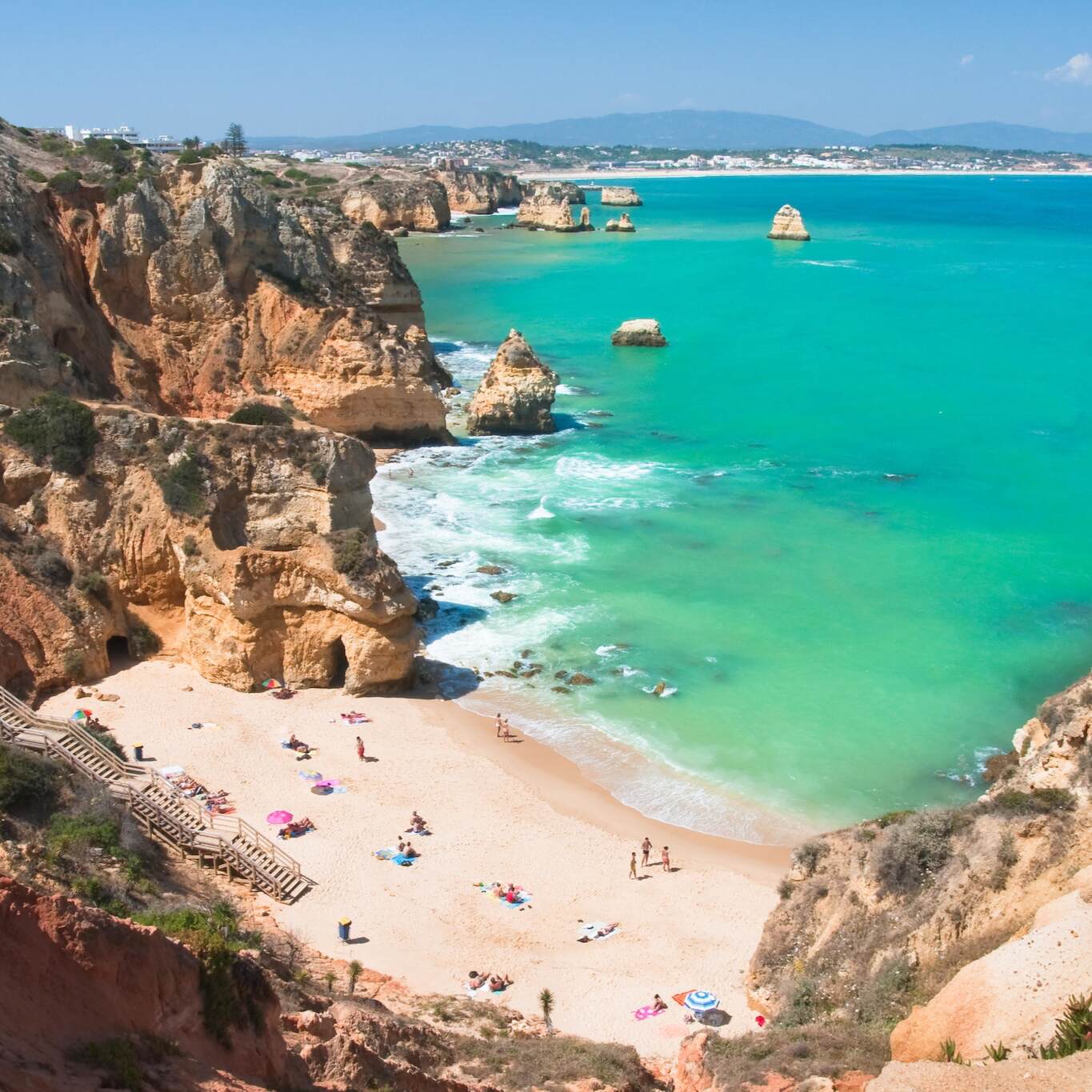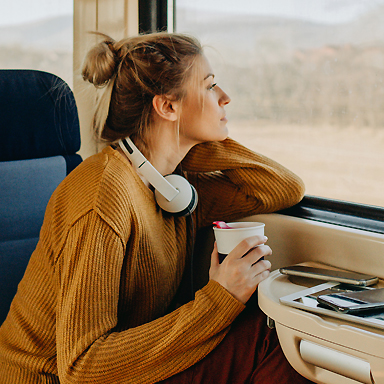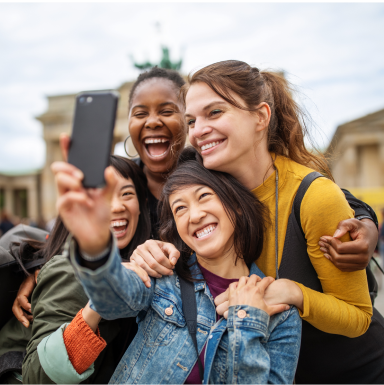
A guide to sustainable travel
If you’re considering getting a Eurail Pass for your trip around Europe, you’re already halfway there! But sustainable travel doesn’t stop there: there are plenty of ways to incorporate other ways of sustainability in your way of traveling (but, also your daily life). With these 5 tips you can start traveling more sustainably.
1. Say no to single-use
In a lot of countries there are already bans on plastic bags, but there are a lot more things that you can better say no to. Invest (if you haven’t already) in a durable grocery bag, cloth food baggies, some food boxes, a set of cutlery and a nice water bottle, and if you want, a metal (or other material) reusable straw. The boxes will make bringing food on the go a lot easier, your water bottle just needs a refill so you can skip buying single-use waterbottles and your sturdy bag can carry at least the same (but most likely more) weight as a plastic bag.

2. Recycle
You probably do some recycling at home, so why not when you’re on the road (or on the tracks 😉). Every country has their own recycling program, so try to find out where and how you can recycle any trash that you create in the country you’re at. And, naturally, don’t litter! If there’s no trash can around, take it with you and dispose of it when you can.

3. Sustainable accommodation
There are a few ways to find an accommodation that fit your new sustainable travel style. The first one is to rent a room or apartment directly from locals, this way your money will flow right back in to the local economy.
Other types of accommodation you could consider is sleeping at an ecolodge or -hotel. The way of working and the infrastructure at these accommodations have been improved to minimize the impact on the environment, which reduces your carbon footprint. And, of course there's always camping!

4. Shop local!
To add something to the point mentioned above: try to shop local! So, get your groceries at markets, eat at local restaurants, find nice souvenirs in small boutiques, and use services of local businesses, like city tours or sports and activities. Again, this all helps the local economy!

5. Transport
Getting from one destination to the other is easy-peasy with your Eurail Pass, but getting around at your destination is another story. Sometimes you can get by with just walking (as sustainable as it gets 😉), but if a city is bigger than your legs can handle, see if you can rent a bike or make use of the different types of public transport that are available. In some cities public transport is even included in your Eurail Pass, so you can skip the taxi! Don't forget to check out the Pass benefits of the country you're traveling in.

Did you know...
...that while the emissions of the transport sector in total were growing, the emissions of the railway sector were actually going down?
Of all the CO2 that's emitted by EU countries (in 2014), the transport sector was responsible for 31%. Cars and other vehicles contributed the most to this amount (73,4%), followed by aviation (12,6%) and maritime transport (10,6%). The railway sector was responsible for just 1,6% of the total emissions of the transport sector.

更改货币
一旦您的购物车中含有通票,将无法更改货币。请删除通票,然后再更改网站页眉上的货币。





